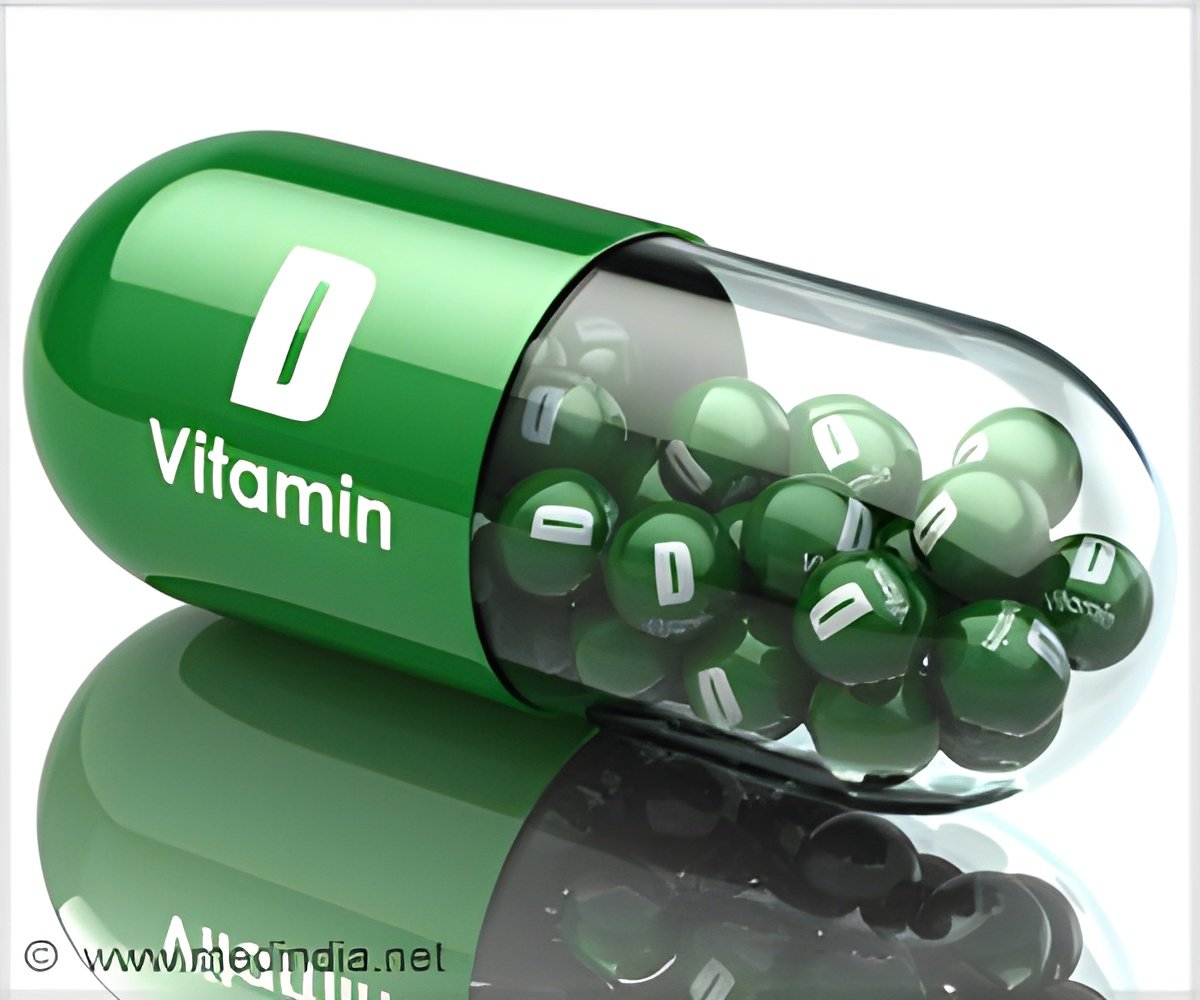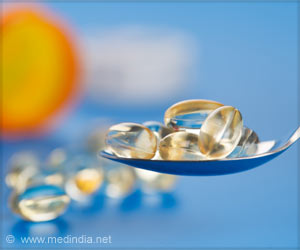Active form of vitamin D has been identified in higher levels in patients who have greater gut microbiome diversity.

‘Lower vitamin D levels are linked with higher risk of cancer, heart disease, severe COVID-19 infection and many other diseases. Active form of vitamin D is found in higher levels in patients who have greater gut microbiome diversity. 12 particular types of bacteria are found more often which help to maintain the health of gut lining.’
Read More..




Senior author Deborah Kado, MD, director of the Osteoporosis Clinic at UC San Diego Health said, “We were surprised to find that microbiome diversity — the variety of bacteria types in a person’s gut — was closely associated with active vitamin D, but not the precursor form. Greater gut microbiome diversity is thought to be associated with better health in general.”Read More..
Multiple studies have been conducted that show lower vitamin D levels are linked with higher risk of cancer, heart disease, severe COVID-19 infection and many other diseases.
One of the largest clinical trial of 25,000 patients has concluded that taking vitamin D supplements have no effect on health outcomes like heart disease, cancer and even bone health.
567 men who lived in six different cities across the US, having a mean age of 84 and having good or excellent health participated in the study MrOS. Their stool samples were analyzed using a technique called 16s rRNA sequencing to identify and quantify the types of bacteria in each stool sample based on unique genetic identifiers. For the blood samples a technique called LC-MSMS was used to quantify vitamin D metabolites- the precursor, active hormone and the breakdown product.
The researchers also noted that in the gut microbiomes of men who have an increased level of active vitamin D, 12 particular types of bacteria appear more often. Most of these 12 bacteria help to maintain the gut lining health by producing fatty acid butyrate.
Advertisement
The men enrolled in the study were exposed to different amounts of sunlight, as they lived in different cities, which is source of vitamin D but the researchers found no correlation between where the men lived and their levels of active vitamin D.
Advertisement
Additional research is needed to better understand the part bacteria play in vitamin D metabolism and also to determine whether intervening at the microbiome level can be used to supplement the current treatment options to improve bone and possibly other health outcomes.
Source-Medindia















